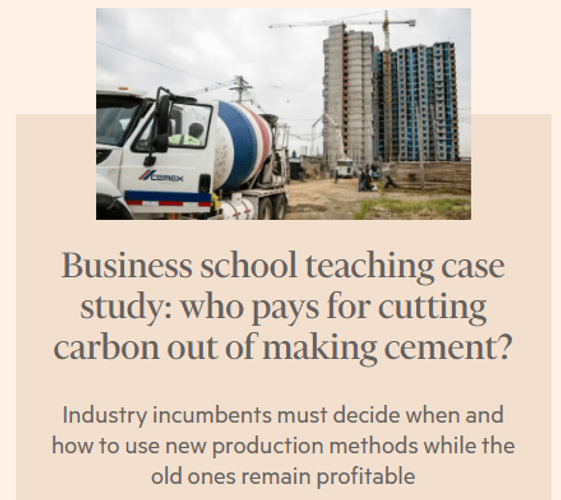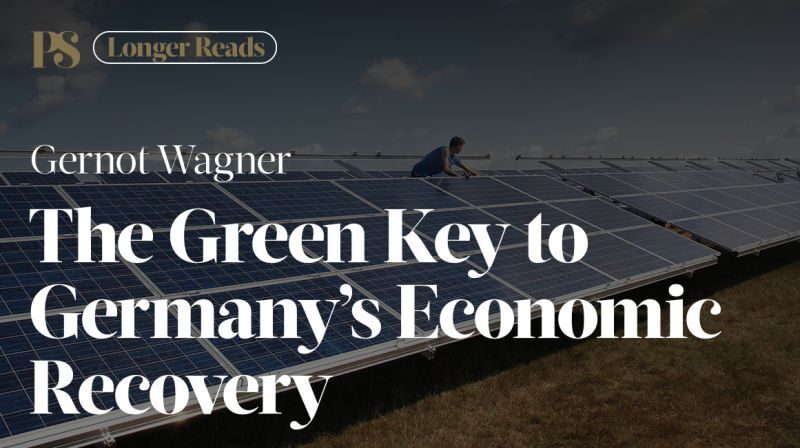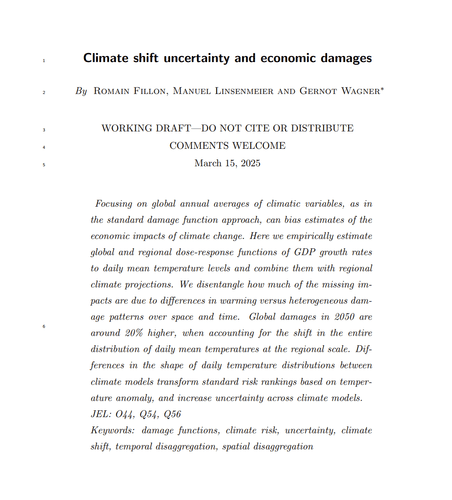Carbon Taxes Cut Emissions, Not Jobs or Economic Growth
It’s easy to see why infrastructure spending would cut emissions, while creating jobs. Carbon taxes appear to do the same.

Read the full Risky Climate column at Bloomberg Green.
It’s easy to poke fun at some economists’ apparent obsession with carbon taxes as the sole climate policy tool. Some appear to revel in making the case that we should tax carbon and only tax carbon. Meanwhile, it’s clear that carbon taxes alone aren’t enough, because more must be done than “just” price the negative emissions externality, and because of politics. Taxing something bad might be objectively good, but “tax” still appears to be a four-letter word in Washington, D.C.
But among all of these arguments, it would be too easy to overlook a simple fact: carbon taxes, done right, work. They cut CO₂ emissions. More surprising still, they might even boost the economy at the same time.
To see how, look to the European Union, and not to its flagship emissions trading system, the world’s largest carbon market. EU ETS, too, has cut emissions, even before its historically low prices began their continuing rally after some significant policy reforms. Emissions trading, however, does not stand on its own. EU ETS is part of a much more comprehensive climate policy package, including direct energy-sector policies and, in part, significant national legislation.
Carbon taxes constitute part of those national climate policies. They typically focus on sectors not captured by EU ETS, implying a focus outside the power sector and away from some of the most cost-effective emissions reductions. They also vary enormously by country, ranging from under $0.25 per ton of CO₂ covering a mere 4% of Poland’s CO2 emissions to over $125 per ton covering around 40% of Sweden’s. That coverage is only topped by Norway’s 62% at a level of around $50 per ton.
Continue reading at Bloomberg Green.


